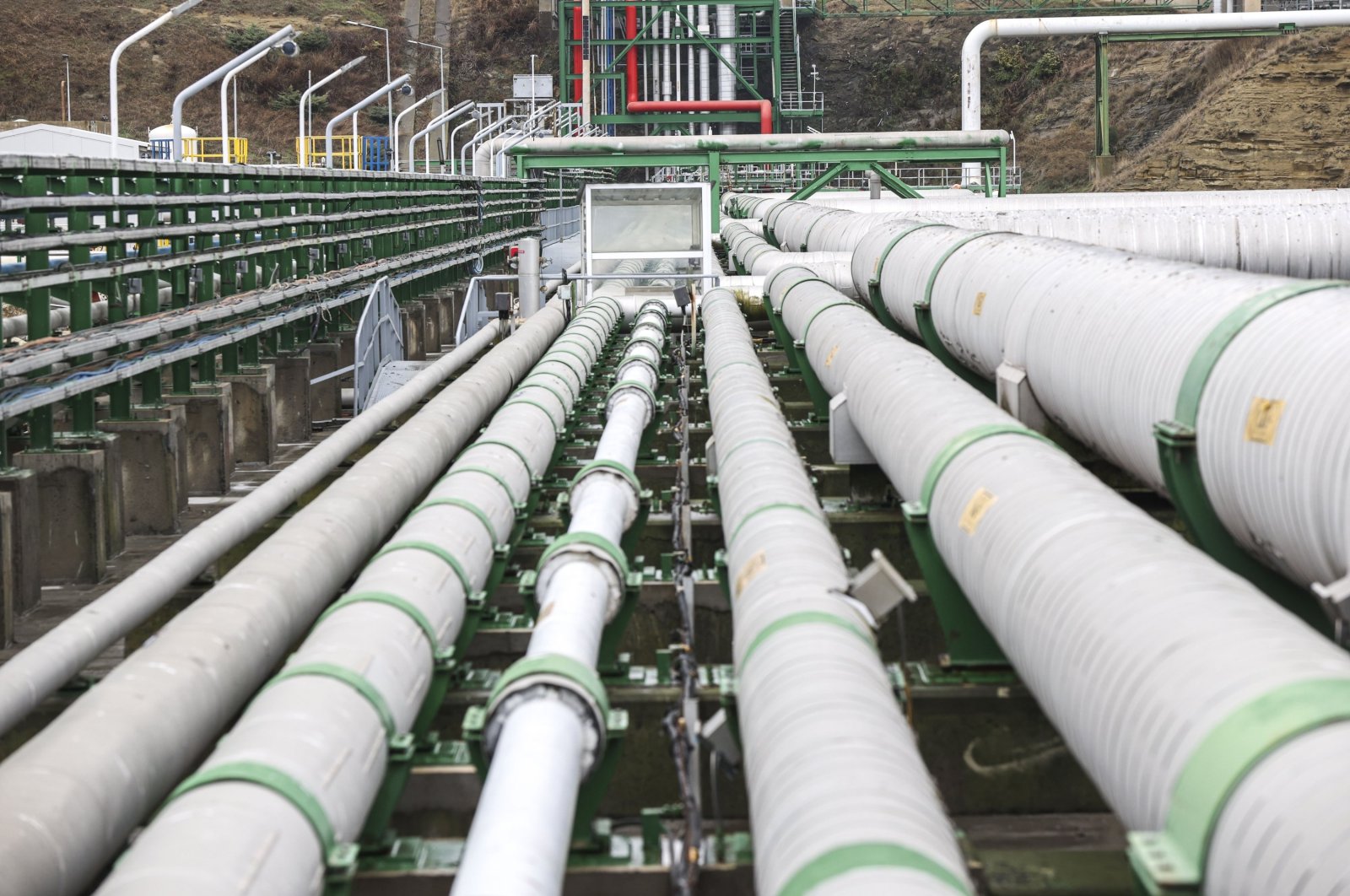Is Turkey the new geostrategic center of gravity?
The United States and China are the two largest global economies. The U.S. and Russia are the only two global nuclear superpowers. Yet Turkey, because of geography and Russian President Vladimir Putin’s hat trick of stupendously disastrous decisions, may be more influential than all three for the time being.
Putin’s dastardly, unprovoked invasion of Ukraine has exposed the Russian army’s incompetence; led to what seems to be an expansion of NATO, precisely what he did not want; and precipitated a global food crisis for as many as 1 billion people.
But Turkey must agree to the accession of Finland and Sweden to NATO as required by the Washington Treaty’s stipulation of unanimity. So far, Turkey has raised strong objections to both entrants based on alleged support or recognition of the PKK — the Kurdistan Workers’ Party, which Turkey has designated a terrorist organization.
The 1936 Montreux Convention limits Black Sea access of non-riparian warships (that is, warships not belonging to states bordering on this body of water) to duration, tonnage and armaments. If a humanitarian sealift through the Dardanelles is assembled to transport vitally needed agricultural products in Odessa for global distribution to quell potential starvation and requires naval escorts, the sole enforcer is Turkey to allow or deny transit of warships.
While Turkish President Recep Tayyip Erdogan is prickly, failing to agree to the new entrants would strike a devastating blow to NATO, more so than France’s withdrawal from the military side of the alliance in 1966 under Charles de Gaulle. Putin is well aware of this situation. Doubtlessly, he will be doing his utmost to convince Erdogan to deny entry.
About some form of naval transport to ferry wheat and other agricultural products from Odessa, the obstacles are immense. Russia would only agree with a quid pro quo, such as lifting sanctions. The approaches to Odessa are mined. Ukraine would have to agree to sweeping a safe route in and out of port. And a United Nations resolution would necessarily come from the General Assembly as Russia would veto any motion in the Security Council.
Others have argued that NATO warships may be required if forcible entry were needed. But that would confront Russian naval, air and missile forces and could lead to escalation and even a war at sea. Most of Russia’s Black Sea surface fleet is old. But its Kilo class diesel submarines are formidable. Given the nature of acoustics in the Black Sea, detection would be difficult. And Russian Kalibr and other missiles have proven effective. NATO would need air cover that, because of basing, requires substantial air tanking support.
Should Turkey’s position harden about admitting Finland and Sweden or allowing NATO or third-party warships entry to the Black Sea, few good options exist. Could an abstention, as opposed to a negative vote, on NATO expansion be stretched to allow a 29-0 vote to suffice as unanimous? Probably not. And Turkey would still have to approve treaty changes.
The Montreux Convention is a historical artifact long past its sell-by date. Interestingly, of the four original signatories to the convention, including Turkey, Bulgaria and Romania, the USSR no longer exists. And newer states Georgia and Ukraine didn’t exist then. But the convention remains in force. Altering it is very unlikely as Turkey has a commanding role given the geography with the Bosporus and Dardanelles dividing the country.
About the food shortage, this could be a powerful diplomatic tool to be used against Russia. Consigning hundreds of millions to starvation is indeed a war crime. But Russia will blame Ukraine and the West for the shortages, shedding any responsibility. Whether that allegation, however outrageous, will be accepted or not by the affected regions and populations remains to be seen. In large part, U.S. and NATO diplomacy and messaging will be vital to exerting further leverage on Russia to end the war.
Another important conclusion is likely to be dismissed. The world remains interdependent, interconnected and thus hugely vulnerable to the new MAD of massive attacks of disruption. Ironically, the war in Ukraine reinforces these vulnerabilities.
In addition to the inexcusable human costs imposed by the war in Ukraine, devastating that country and killing many tens of thousands so far, NATO’s cohesion is potentially at risk. Worse, starvation looms for a significant slice of humanity. These scenarios are not new. What is new is that they are more numerous and possibly more destructive in a MAD age.
And as with COVID-19, the world was unprepared. Will we learn?
Harlan Ullman, Ph.D, is senior adviser at Washington, D.C.’s Atlantic Council and the primary author of “shock and awe.” His latest book is, “The Fifth Horseman and the New MAD: How Massive Attacks of Disruption Became the Looming Existential Danger to a Divided Nation and that World at Large.” Follow him on Twitter @harlankullman.



